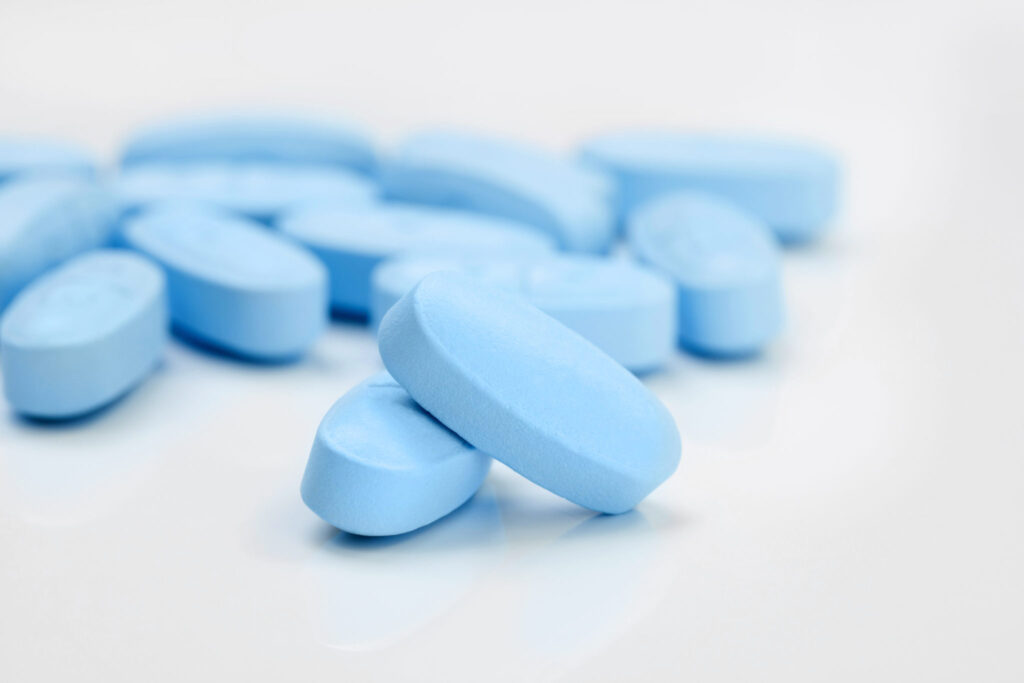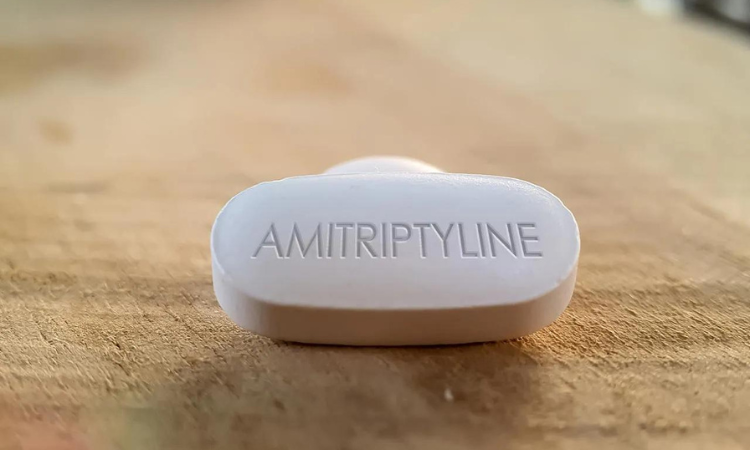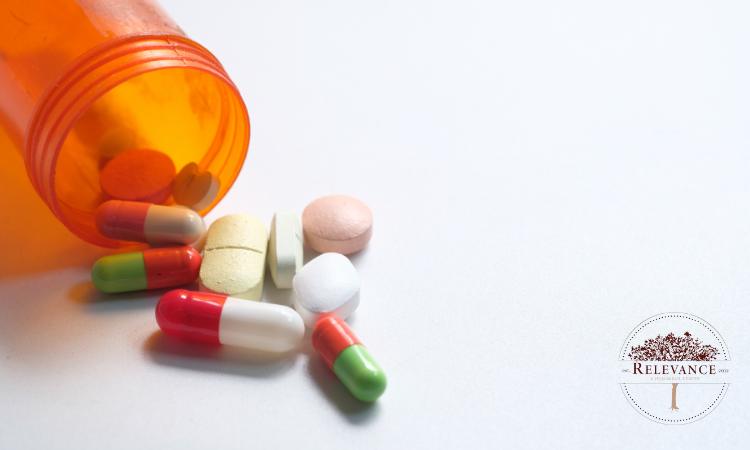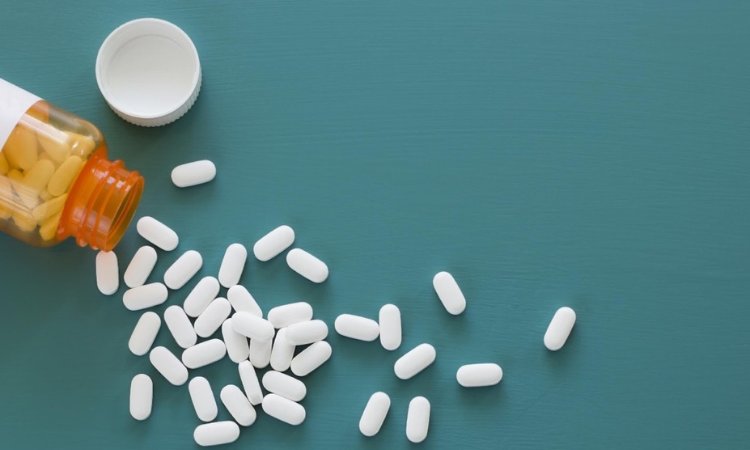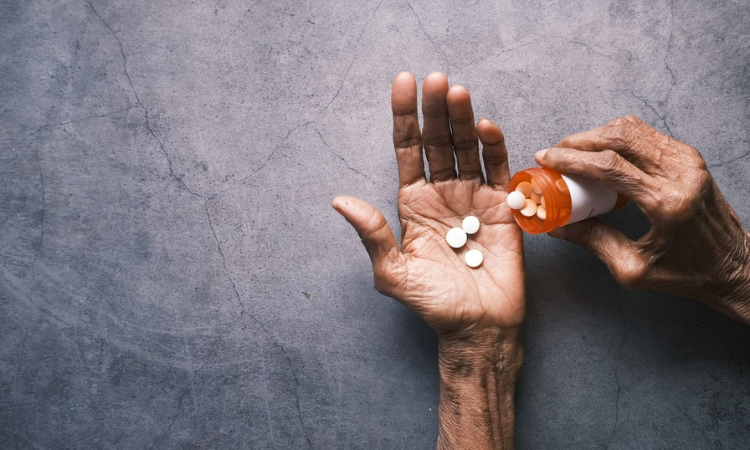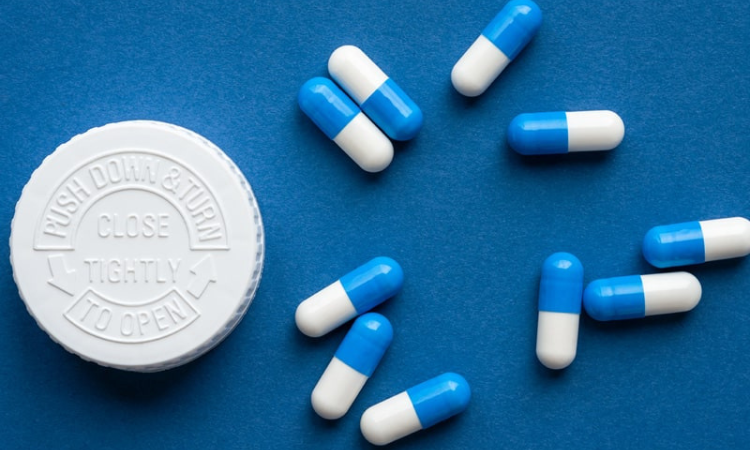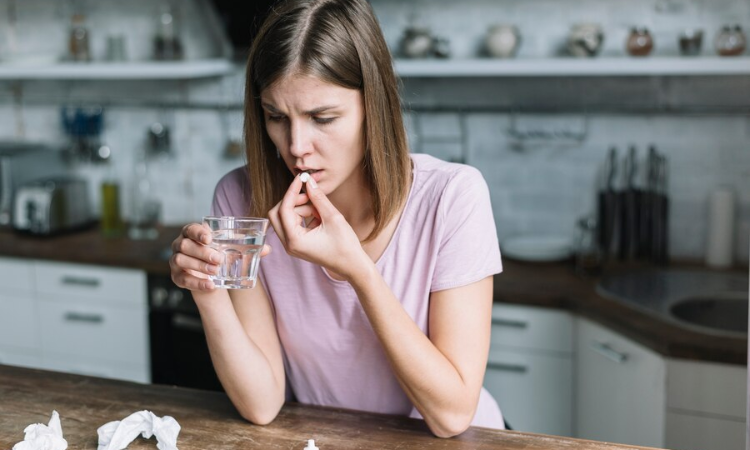Healing and maintaining recovery from addiction is a complex challenge for anyone facing addiction struggles. When addiction and codependency occur together, achieving sobriety and maintaining lasting health and wellness can be even more complicated.
What Is Codependency?
Codependent relationships are not limited to romantic partners. They can occur between family members, friends, and even co-workers. When people think of a codependent person, they often picture someone who is needy or dependent on someone else. At a high level, this may be an accurate description; however, codependent relationships are often more extreme and can be more dangerous than everyday clinginess.
Codependent relationships are best described as a situation where one partner or friend needs the other, who also needs to be needed. This is referred to as a cycle of codependency, and it can quickly lead to struggles with the codependent individual’s self-esteem and self-worth. Codependent relationships often include situations of physical and emotional abuse. When someone is codependent, it can be challenging to see the problems with the relationship and even more so to escape the relationship without the assistance of an outside party such as a mental health provider.
What Does Codependency Look Like?
Codependency involves feeling like you have to take care of someone else to the point where you ignore your own needs and feelings. Here are some signs of codependency:
- Getting upset when others set boundaries: You might feel hurt or angry if someone tries to put limits on what you can do together.
- Feeling like you have to please your partner: You might worry that if you don’t do everything they want, they’ll leave you.
- Struggling to set your own boundaries: You find it hard to say no or ask for what you need in a relationship.
- Acting helpless to get care: You might pretend you can’t do things so others will take care of you.
- Making excuses for bad behavior: You might justify why someone treats you poorly or doesn’t take responsibility.
- Taking advantage of caring people: You might lean on people who care about you, expecting them to handle your problems.
- Denying issues in relationships: You might ignore or justify your partner’s bad behavior to avoid conflict.
- Having low self-esteem: You might feel bad about yourself and believe you don’t deserve better treatment.
- Feeling responsible for others’ problems: You might think it’s your job to fix everyone else’s issues.
- Trying to control others: You might try to manage other people’s lives and decisions.
- Feeling anxious or depressed: Relationship issues might cause you a lot of stress and sadness.
People who are codependent often have weak boundaries, taking on the pain of their loved ones, enabling their bad habits, and excusing poor behavior. This can lead to feeling depressed and anxious, especially if they can’t “save” their loved one from harm.
How Are Codependency and Addiction Related?
Codependent relationships are common in situations where one (or even both) people are struggling with addiction. Codependent behavior can be harmful to someone struggling with addiction because this behavior doesn’t ask or encourage the addict to change their behavior or, in any way, indicate their behavior has negative consequences. When a relationship involves codependency and addiction, the codependent partner often does anything they can to provide support to the addict despite knowing there could be harmful consequences.
Codependents are often referred to as enablers because they enable or make possible the negative behaviors of the addict. This may include helping the addict clean up after harmful behaviors, covering for them in the face of questioning from family and friends or helping the addict engage in destructive behaviors. Common examples of codependent behaviors include:
- Helping the addict recover from financial challenges related to substance abuse
- Cleaning up after the addict when they use or drink too much
- Taking over the addicts obligations when they will not or cannot complete them
- Making excuses or “covering up” for the addict in the face of problems related to substance use
How To Get Help With Codependency
Treatment for relationships that involve addiction and codependency is best when it occurs in a treatment facility designed to address co-occurring disorders. A co-occurring disorder or dual diagnosis condition involves struggling with addiction and a simultaneously occurring mental health condition. At a treatment center like Relevance Recovery, you will work with a team of treatment professionals who understand how addiction results in maladaptive coping behaviors. They also have experience with how codependency and addiction are often co-occurring.
How To Get Your Loved One Help With Addiction
If you suffer from a substance use disorder, it is vital to seek help from an addiction treatment program. As part of treatment, you will learn more about the roots of addiction and how to manage triggers and potential relapse. In addition to seeking therapy for addiction at a skilled treatment center, it is important for codependent individuals to seek therapy to help manage their mental and emotional health needs as well. Once the individual suffering from addiction completes their treatment program, they will return home to their friends and family. If the family members who have been acting in an enabling capacity do not understand how to avoid codependent behaviors, the chances for relapse are more significant.
If you or a loved one are in a relationship where you are codependent, don’t underestimate the benefits of partaking in family therapy at a treatment center like Relevance Recovery. Understanding how codependent or enabling behaviors only further addictive behaviors for your loved one or family member can be integral to their recovery and lasting recovery. To learn more about how our programs can help with addiction and codependency, contact us today.

